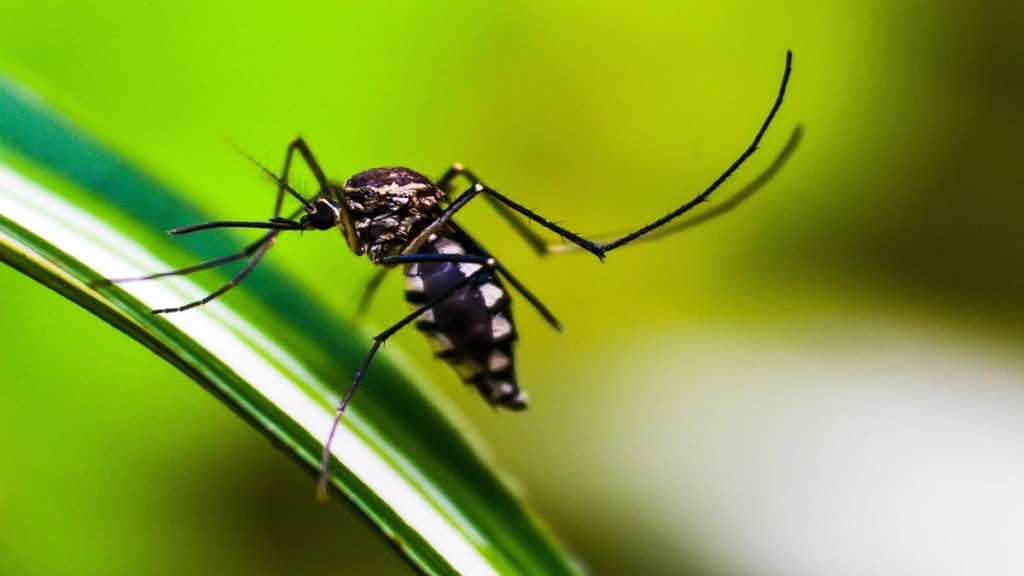Zika Virus Alert: Cases of Zika virus infection are rising alarmingly. On Monday, the Pune Municipal Corporation (PMC) said that the Zika virus infection had been detected in a 31-year-old woman from Kalas, Yerawada. This takes the count of pregnant women with the infection to six and the total number of cases in the city is now at 12.
According to a report by Indian Express, amid the rising cases of Zika virus infection, the civic body of Pune held a meeting with more than 50 private hospitals and directed them to report suspected cases of Zika virus-like symptoms to the corporation.
As per PMC data, a total of 83 samples of pregnant women with suspected zika virus infection have been sent to NIV.
What is Zika virus infection?
The Zika virus is transmitted through the bite of an infected Aedes mosquito. The mosquito is also known to cause infections like dengue and chikungunya. According to doctors and health experts, a majority of those infected with Zika either remain asymptomatic (up to 80%) or show mild symptoms of fever, rash, conjunctivitis, body aches, and joint pains.
According to a report by Hindustan Times, the Zika virus can be passed from a person before their symptoms start, while they have symptoms, and after their symptoms end. Zika virus in pregnant women can cause congenital microcephaly, Guillain-Barre syndrome and other neurological complications.
What are the symptoms of Zika virus infection?
Most people infected with the Zika virus do not develop symptoms. Some of the common symptoms include:
- rash,
- fever,
- conjunctivitis,
- muscle and joint pain,
- malaise and
- headache,
According to the World Health Organization (WHO), the symptoms usually last for 2–7 days. These symptoms are common to other arboviral and non-arboviral diseases; thus, the diagnosis of Zika virus infection requires laboratory confirmation, it stated.
How Zika virus infection is treated?
Currently, there is no specific treatment for Zika virus infection or disease. According to WHO, people with symptoms such as rash, fever or joint pain should get plenty of rest, drink fluids, and treat symptoms with antipyretics and/or analgesics.
“Nonsteroidal anti-inflammatory drugs should be avoided until dengue virus infections are ruled out because of bleeding risk. If symptoms worsen, patients should seek medical care and advice,” it stated.
Pregnant women living in areas with Zika transmission or who develop symptoms of Zika virus infection should seek medical attention for laboratory testing, information, counselling and other clinical care, WHO maintains.

